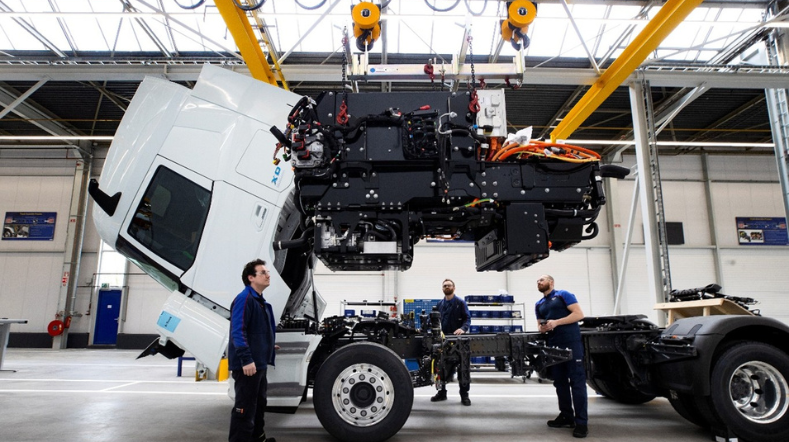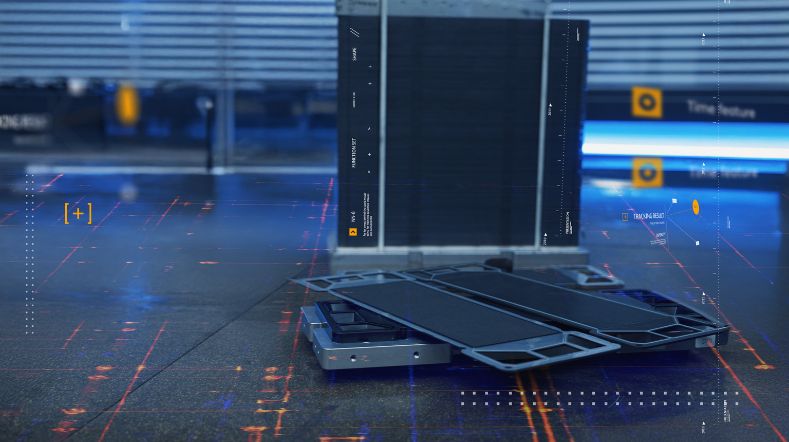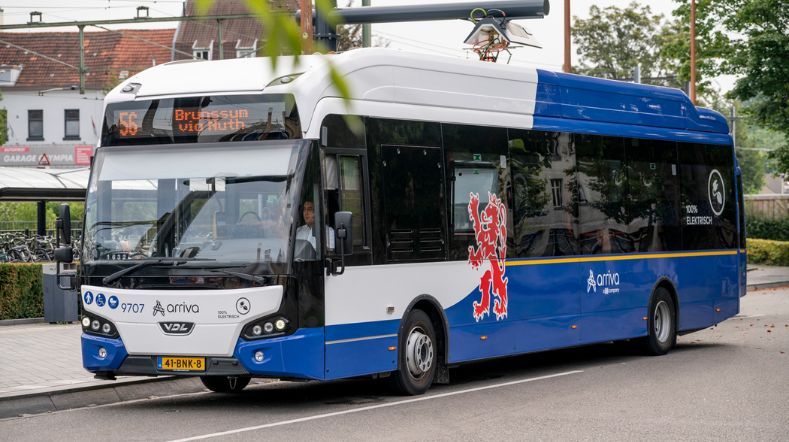Real-world methane emissions from LNG-fueled ships higher than current regulations assume
Today, the International Council on Clean Transportation (ICCT) released a new report characterising methane emissions from ships fueled by liquefied natural gas (LNG) operating in Europe and Australia. It is based on data collected by drones, helicopters, and onboard sensors during the two-year Fugitive and Unburned Methane Emissions from the Ships (FUMES) project.

FUMES
FUMES is a collaboration between the ICCT, Explicit ApS, and the Netherlands Organisation for Applied Scientific Research (TNO). The FUMES report contains the most comprehensive dataset of real-world methane emissions from LNG-fueled ships to date, including “methane slip” from engines and fugitive methane emissions from LNG cargo unloading operations.
Methane slip is the proportion of LNG fuel, which consists mainly of methane, that escapes unburned from the engine to the atmosphere. Real-world methane slip measured in the plumes of 18 ships using the most common type of LNG marine engine (LPDF 4-stroke) averaged 6.4%, whereas EU regulations currently assume 3.1% methane slip, and the United Nations International Maritime Organisation (IMO) assumes 3.5%.
In a follow-up to FUMES 1, FUMES 2 expands the scope to include methane emissions from two-stroke LNG engines, volatile emissions on board, and emissions generated during LNG cargo handling operations. See FUMES 2 (pdf).
Advise: Increase the default methane slip value for LPDF 4-stroke engines to at least 6%.
The report therefore recommends that EU and IMO policymakers consider increasing the default methane slip value for LPDF 4-stroke engines to at least 6%.
Dr. Bryan Comer, lead author, director of the marine programme, ICCT: "This study demonstrates the importance of collecting and analysing real-world data. Regulators need to use the best available data to develop effective climate policies. If methane slip assumptions remain too low, shipowners will be able to use LNG in high-methane-slip engines longer, effectively getting an unfair advantage over lower-emitting fuels and engines."
"This is contrary to the goals of rapidly decarbonising the shipping sector to align with the Paris Agreement and counterproductive to reducing global methane emissions this decade, as called for in the Global Methane Pledge."
Jörg Beecken, senior research and project manager, Explicit ApS: "This study shows that remote measurements are a valid and effective method to assess the real-world methane emissions from a broader fleet. Both methane slip due to incomplete combustion and overall fugitive emissions can be reliably quantified using remote measurement techniques. The presented results provide a realistic and independent picture of maritime methane emissions."
Robin Vermeulen, senior researcher, TNO: "This study provides a concrete demonstration of the application of remote sensing techniques to determine representative methane slip levels and fugitive emissions from ships. While conventional measurement procedures such as for certification are designed to be accurate, they may not be representative. Real-world measurements can overcome this discrepancy and can contribute to establishing representative data for fact-based policy-making."
Other results:
- A modern LPDF 4-stroke engine can emit lower methane slip than assumed by the EU (3.1%) and the IMO (3.5%), but methane slip can still be substantial, especially at low engine loads, ranging from approximately 4% to 7% when engine loads are 25% or lower.
- Unloading large LNG tankers can result in 24–40 kg/h of fugitive methane emissions, including approximately 8 kg/h of methane slip from the ships’ LPDF 4-stroke engines.
- Onboard measurements found that methane slip and work-specific NOx emissions were highest at the lowest engine loads.
Other recommendations for policymakers:
- EU policymakers should consider requiring LNG-fueled ships to plug into shore power or otherwise eliminate their at-berth emissions.
- EU policymakers should consider requiring monitoring, reporting, and verification of methane emissions at LNG storage and refueling points.
- IMO policymakers should consider adding a 10% engine load test point and adjusting how emissions at each point are weighted in engine certification procedures to more accurately reflect real-world operations.
FUMES report
Do you want to know more about the results of FUMES 1? See ICCT.
In a follow-up to FUMES 1, FUMES 2 expands the scope to include methane emissions from two-stroke LNG engines, volatile emissions on board, and emissions generated during LNG cargo handling operations.
Get inspired
National Growth Fund invests in Dutch battery consortium for heavy duty transport


TNO opens test cell for sustainable marine engines


Battery technology: 4 developments according to the Battery Lab


Fuel cells crucial for decarbonising heavy-duty transport and non-road machinery


Health of electric bus batteries now measurable on-site via charger


